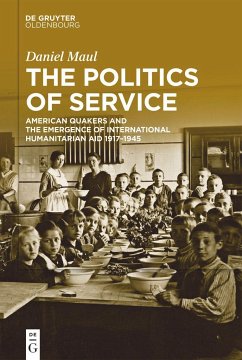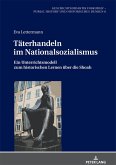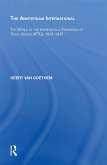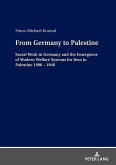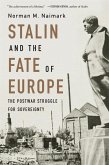This book provides the first comprehensive history of the American Friends Service Committee (AFSC), the central aid agency of the Religious Society of Friends or Quakers, from 1917 to 1945. Implying a thoroughly transnational approach, it sheds a light on the important role American Quakers played in the emergence of a humanitarian sector both within the USA and beyond. Through the Quaker lens the book adresses important tensions inherent to the history of humanitarianism in the 20th century: Following the AFSCs aid operations from the First World War, through post-war Germany and Soviet Russia to the Spanish Civil War and into the Second World War, it deals with the AFSC's conflicting roles as a specifically American aid organization on the one hand and its position within transnational religious and pacifist networks on the other and it opens a window to processes of professionalization, the development of a humanitarian "market place" and the complex relationship of religious and secular strands in the history of international relief.
"Providing vital new details and nuance into the evolution of humanitarian operations and thought throughout the First World War and the interwar period, this book succeeds in situating this - supposedly small - religious movement into global geopolitical transformations, internationalist thinking, and the collapse of European imperial hegemony by 1945. For diplomatic scholars of US geopolitical growth during the mid-twentieth century, this will be an invaluable source of research." - Margot Tudor, City University of London
"This was a joy to read! The book sheds considerable new light on the inner workings of the AFSC, and in particular on the philosophical dilemmas the U.S. Quakers confronted as they sought to live their faith through humanitarian aid to people suffering in other countries." - Lauren Turek, Trinity University, San Antonio, Texas
"This was a joy to read! The book sheds considerable new light on the inner workings of the AFSC, and in particular on the philosophical dilemmas the U.S. Quakers confronted as they sought to live their faith through humanitarian aid to people suffering in other countries." - Lauren Turek, Trinity University, San Antonio, Texas

